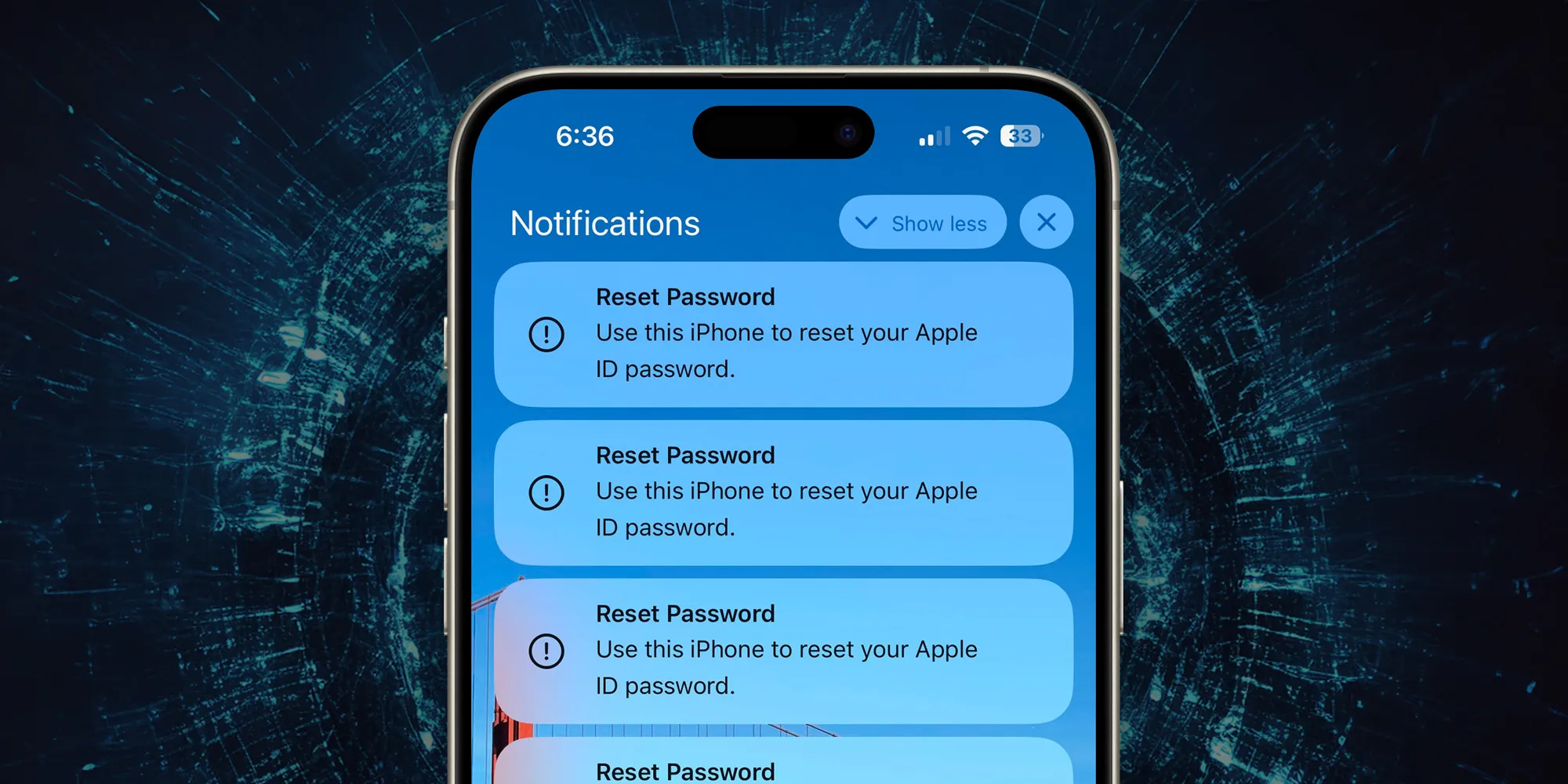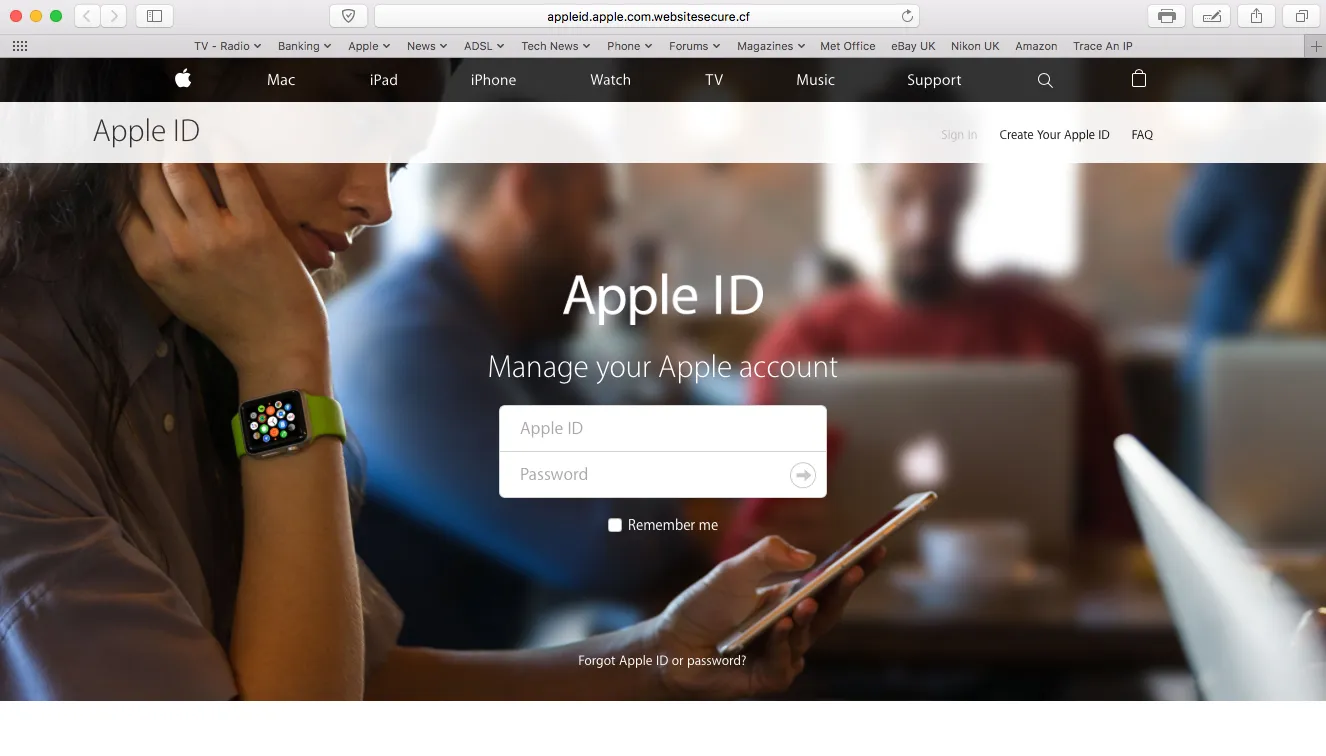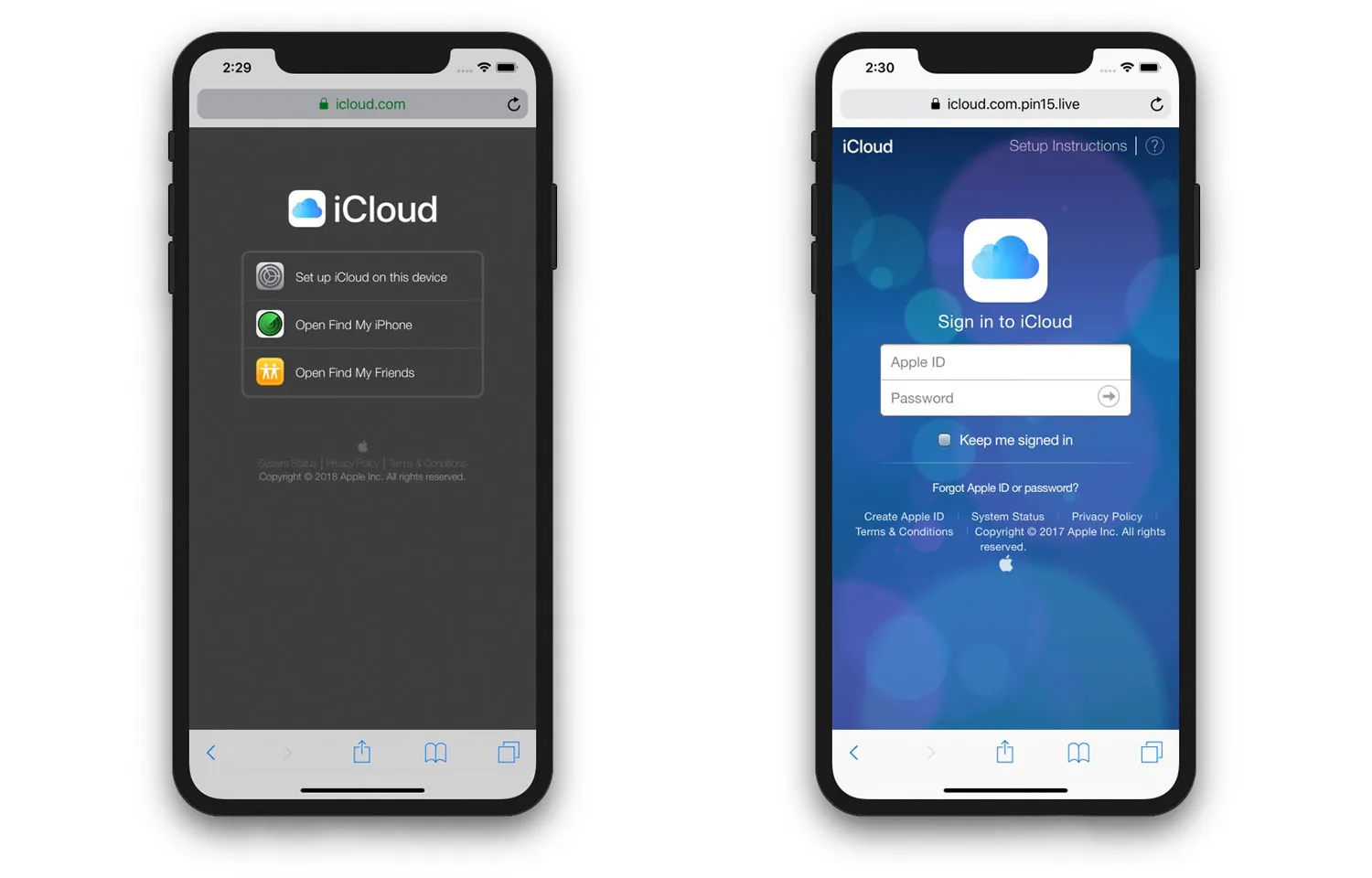In an era where cyber threats loom large over our digital lives, Apple users face a rising threat from increasingly sophisticated phishing scams. With the holiday shopping frenzy of Black Friday and Cyber Monday upon us, cybercriminals have ramped up their efforts, targeting over 2 billion iPhone, iPad, and MacBook users with a chilling warning: “Your Apple ID is suspended.”

A Sophisticated Scam Strategy
This year, the scams have evolved, employing AI-driven techniques that mimic legitimate Apple communications with alarming accuracy. These emails not only look authentic but are designed to provoke immediate action, leveraging a deep understanding of human psychology and urgency.
“The current scam sends an email that may claim there has been suspicious activity or a breach associated with your Apple ID,” explains Jake Moore, a former digital crimes law enforcement officer and now a global cybersecurity advisor at ESET. He warns, “Phishing scams like the Apple ID Suspended scheme are becoming increasingly prolific and operate under immediate urgency, many people are still manipulated by the clever tactics used by criminal hackers.”
Apple’s Proactive Scam Protection Tips
To combat these threats, Apple has offered crucial advice to its users. It’s essential to scrutinize any unexpected message or request for personal details, including email addresses, passwords, or security codes. “Apple will never ask you to log in to any website, or to tap ‘Accept’ in the two-factor authentication dialog,” says Apple, emphasizing the importance of verifying the sender’s email address and avoiding clicking on suspicious links.

DMARC: A Shield Against Scammers
As the shopping season intensifies, another layer of protection discussed is DMARC (Domain-based Message Authentication, Reporting, and Conformance). A recent analysis by Proofpoint revealed that only 60% of major retailers have implemented the strictest DMARC protection levels, leaving significant gaps that scammers exploit through email domain impersonation. Matt Cooke, a cybersecurity strategist at Proofpoint, advises, “If an offer seems too good to be true or cannot be verified as legitimate marketing you’ve signed up for, recipients should avoid clicking on any links.”
Safe Shopping Practices
Beyond technology solutions, consumer vigilance remains crucial. Avoid reusing passwords and consider using a password manager. Be skeptical of websites mimicking well-known brands and be especially cautious of phishing emails and texts directing to unsafe websites. Manual entry of known website addresses instead of clicking on links can prevent many of these threats.
Adrianus Warmenhoven, a cybersecurity expert at NordVPN, advises limiting the personal information you share online. “Only give as much information as needed; a legitimate website will only request details necessary to make a transaction and ship your order,” he notes. Additionally, regularly monitoring your bank statements can help you spot and respond to any suspicious activity swiftly.

As phishing scams become more sophisticated, the need for heightened awareness and proactive cybersecurity practices has never been greater. This holiday season, as you enjoy shopping deals, keep your digital safety at the forefront. Remember, vigilance and informed precautions can go a long way in safeguarding your valuable digital identities and assets against the machinations of cybercriminals.










